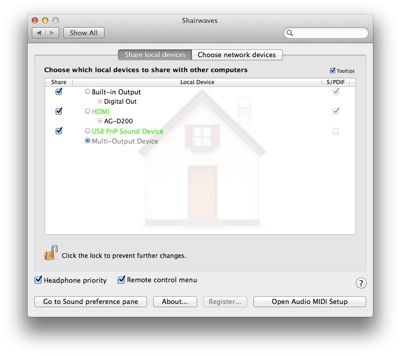Apple’s upcoming iCloud syncing service might help the music industry recoup some of the money it’s lost to piracy, but the real value, according to the industry insiders will be in getting people in the habit of paying for tunes again, reports “Fast Company” (http://macte.ch/yfIWr).
Introduced Monday and due this fall, iCloud is a set of free new cloud services that works with applications on your Mac, iPhone, iPad, iPod touch or PC to automatically and wirelessly store your content in iCloud and automatically and wirelessly push it to all your devices. When anything changes on one of your devices, all of your devices are wirelessly updated almost instantly.
iTunes in the Cloud lets you download your previously purchased iTunes music to all your iOS devices at no additional cost, and new music purchases can be downloaded automatically to all your devices. In addition, music not purchased from iTunes can gain the same benefits by using iTunes Match, a service that replaces your music with a 256 kbps AAC DRM-free version if we can match it to the over 18 million songs in the iTunes Store, it makes the matched music available in minutes (instead of weeks to upload your entire music library), and uploads only the small percentage of unmatched music, says Jobs.
iTunes Match will be available this fall for a $24.99 annual fee. Apple today is releasing a free beta version of iTunes in the Cloud, without iTunes Match, for iPhone, iPad and iPod touch users running iOS 4.3. iTunes in the Cloud will support all iPhones that iOS 5 supports this fall.
iTunes Match is important to the music industry is important in getting folks used to paying for music again as the future is subscription services, says “Fast Company.” Neither iTunes Match nor iTunes in the Cloud in general are subscription services. In a true subscription service model, like Rhapsody, you pay a flat fee and get access to all the music in that service.
“The reason that the music industry now stands to make money from pirated songs is that Apple will reportedly pay them royalty-style payments every time one of their tracks gets moved through the iTunes Match system,” says “Fast Company.” “And since it appears that Apple is not going to distinguish between authorized and unauthorized tunes, the music industry is finally going to earn some money on illegally downloaded tunes.”
In five or 10 years, music execs told the publication that people won’t be buying individual tracks and albums. Rather, most will simply subscribe to services like Rhapsody and Spotify and get their music that way.




